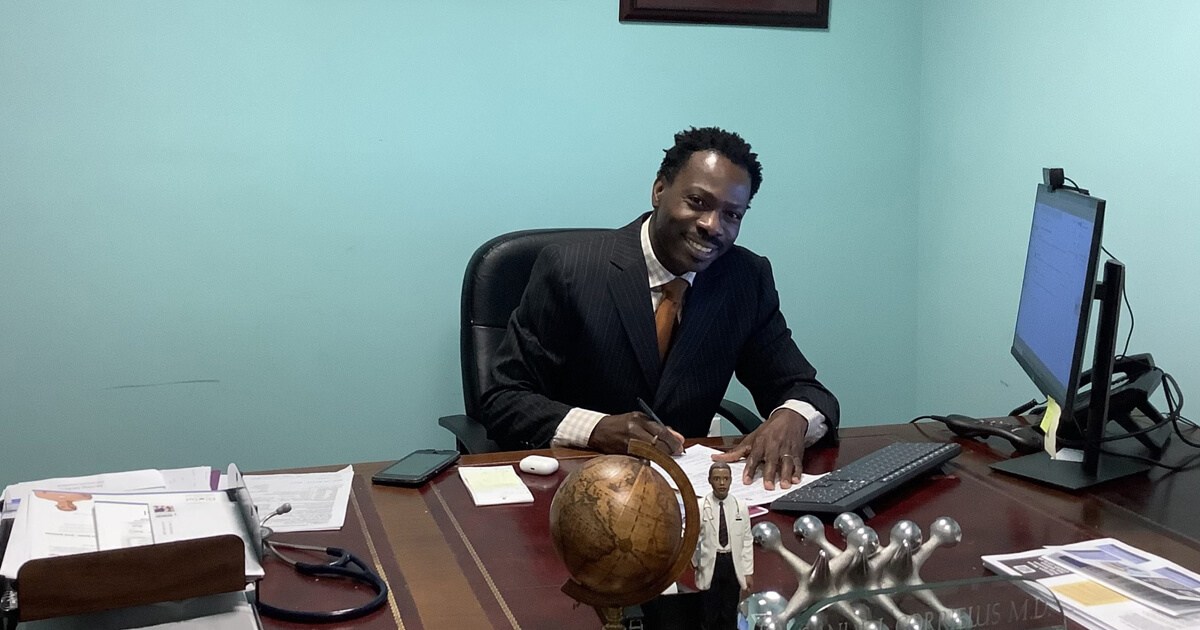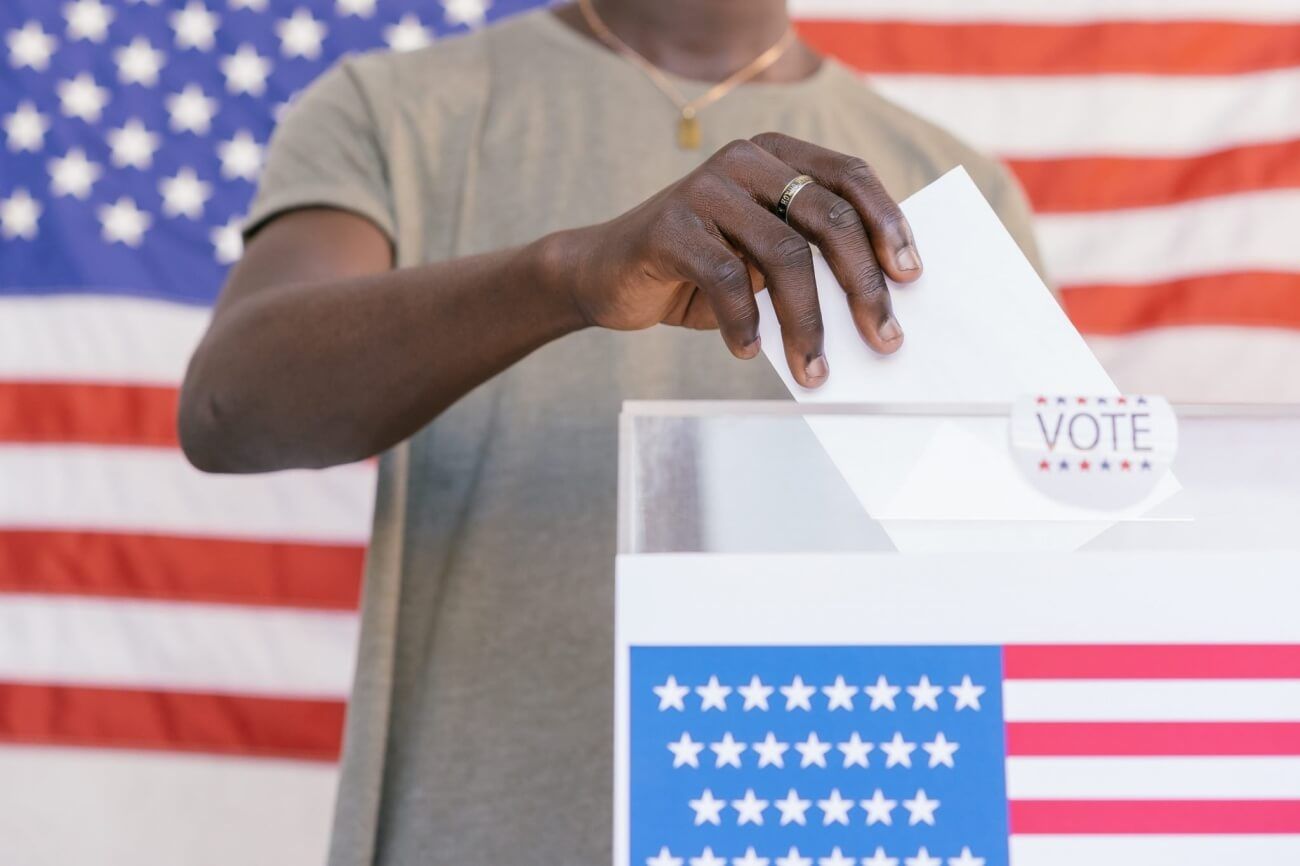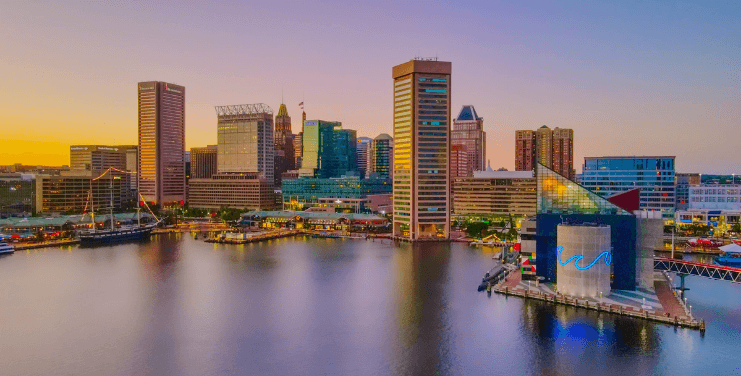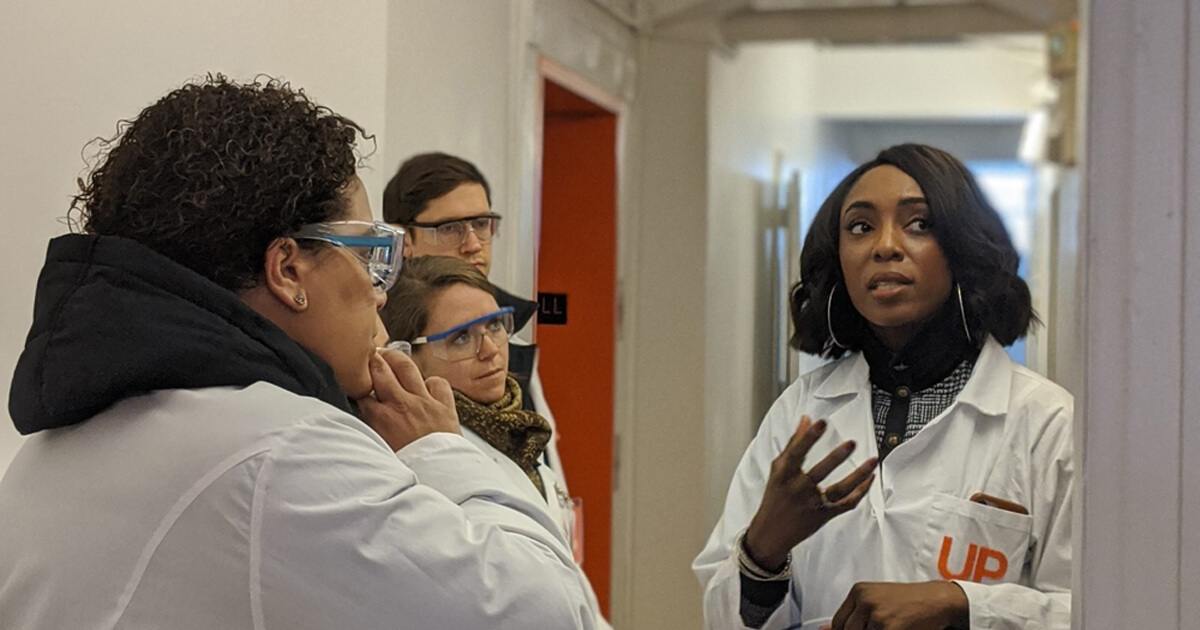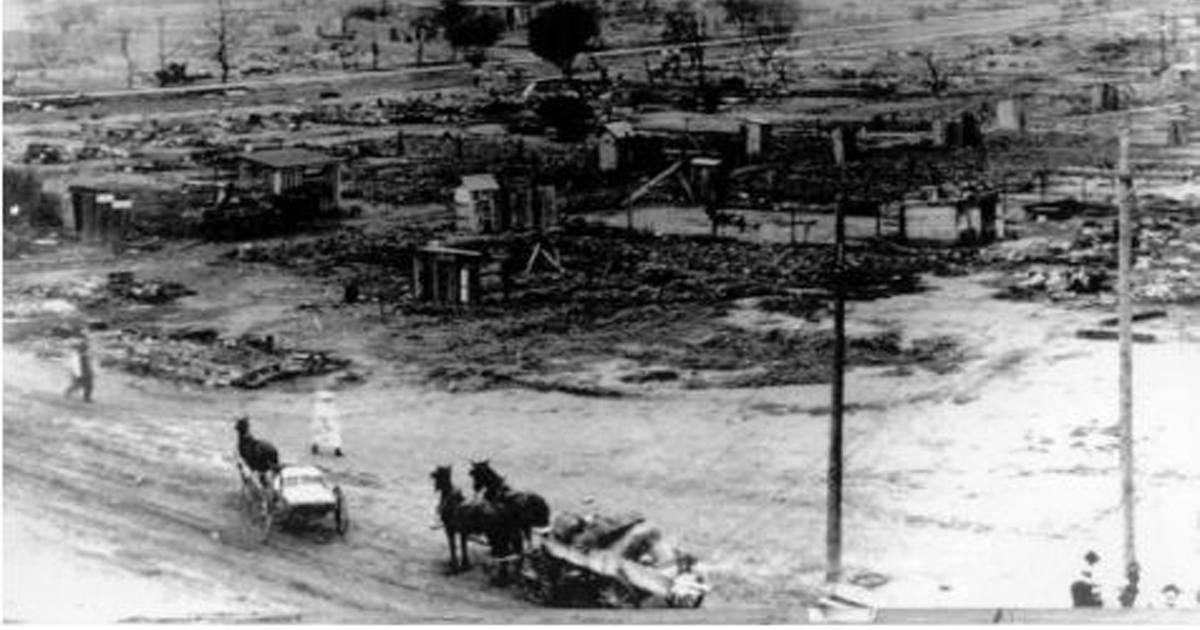Comcast has awarded 100 Philadelphia- and Chester, PA-based Black, Indigenous, and People of Color (BIPOC)-owned small businesses $10,000 grants and nearly 300 Greater Philadelphia-based BIPOC small businesses technology, media, and marketing resources as part of its Comcast RISE initiative — a multi-year commitment to support BIPOC-owned small businesses.
The announcement places Comcast on a growing list of companies who have chosen to invest in small business owners of color in the aftermath of the COVID-19 pandemic and a year of civil unrest — a trend which many small business owners find promising. The Plug spoke with several grant and resource recipients to learn how the pandemic has affected business operations and how Comcast’s initiative has helped them remain optimistic.
“What we found as a result of the pandemic is how much these businesses specifically were impacted, and the fact that they ran into so many challenges just staying open,” Comcast Senior Vice President over Digital and Customer Experience Teresa Ward-Maupin said. “The goal was not to just help these businesses sustain their operations, but also to give them resources that they need to be able to grow their businesses and hopefully help the communities that they serve.”
Borne out of the pandemic, which led to a disproportionately sharp decrease in sales and working hours among BIPOC-owned small businesses in the past six months, the initiative aims to support more than 13,000 small businesses by 2022. Awardees are announced quarterly, and the next round of applications closes on July 31. Interested and eligible business owners are encouraged to apply.
Romona Mercer’s Aunt Verlea’s Pound Cake Experience, of which she proudly stated she started with $10, a hand mixer, and a prayer, is one of those businesses.

Because her business operated out of a commercial kitchen, the pandemic’s onset prohibited her from continuing to work, yet did not excuse her from paying rent for the kitchen. While she still had some business from individuals who requested various baked goods, she estimated a 75 percent decrease in business that she attributed to the closure of bookstores and restaurants with which she had partnered.
Like many business owners, she used the pandemic to rediscover what was important to her and her business, and she quickly realized that she not only wanted her own brick-and-mortar store, but she wanted to run an events company as well.
“I really like hospitality, I love seeing people smile and eating my treats, and I like to serve people, to bring their dreams to pass, so I am in the process of looking for a large building,” she said. “I know everybody says ‘start small,’ but I feel like I’ve already started small, and I just want to be able to use the funds that I’ve been given properly, down to the last cent.”
Mercer lauded Comcast’s program, both for its relatively lax stipulations, and for its partnership with Ureeka, an online platform for entrepreneurs that will provide grantees business coaching and an online networking community. She plans to allocate the money toward the storefront as well as hiring employees.
“It was really exciting because I started this business with $10, and now I have $10,000!” She exclaimed. “To some people, $10,000 is not a lot of money, but for me, where I stand in my business, it is a lot of money — it puts me $10,000 ahead, so I’m very excited to see what comes from it.”
While Ward-Maupin, who leads the Comcast RISE work, said she received positive feedback from monetary grant awardees such as Mercer, she stressed the importance of providing more than just a grant, which she said was the extent to which many other programs offered support.
For Maleek Jackson, of Maleek Jackson Fitness Boxing Gym, that distinction made all the difference. Jackson opened his business in 2018 after discovering his love for boxing and fitness while incarcerated, believing that everybody can benefit from the workout.
“We had a crazy year with COVID-19 and everything that was going on. People need releases,” he said. “Boxing is that neutral thing that everybody can count on.”
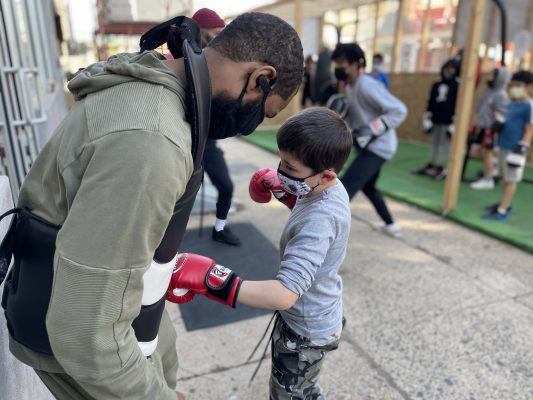
After his release from jail, Jackson’s business gave him a second chance, and when the pandemic caused his revenue to decrease by around 70 percent, Comcast provided him with a third.
“Technology is the future, and the best support that you can get is support that comes in the form of building a relationship, not just a monetary payment,” he said. ”Programs like this are very important because you’ve got an opportunity to build a relationship with the company. When companies move from places of integrity to help small businesses like us, not just with the financial dollar but with their resources, helping change the narrative, and being a partner with these small businesses, that is a game-changer.”
While Jackson was eventually able to transition his workouts outdoors, which he said positively influenced his business and its relationship with the community because it increased visibility, he has leveraged technology to further aid his fitness education, and he looks forward to Comcast’s role in helping boost his business’ technological capabilities — particularly for his upcoming virtual program for Philly youth that aims to curb gun violence.
“I was able to bring a lot of people together and create a unique environment, in which I can teach not only the people from the inner cities but also the people that don’t come from the inner cities, and a lot of conversations can be had from that,” he said. “But we need WiFi. We need access to the internet. We need resources, and I think these resources will help me with what I’m doing right now in our community.”
Dr. Sanul Corrielus of Corrielus Cardiology similarly viewed Comcast’s initiative as not only a means of helping his cardiology practice stay afloat, but as a way of supporting the community that receives his services by making them more accessible.
“We really cater to the community, by meeting the patients where they are to understand them and better help their heart conditions and help them with their health and wellness journey,” he said. “That requires being intentional about connecting and finding ways to relate with patients that allow for relationships, for building trust, and providing access to improve their health.”
After COVID-19 struck, Dr. Corrielus said many patients did not feel comfortable going to the practice anymore, prompting a need for telehealth services, which he was able to provide with the help of Comcast’s technology support.
“This was a great opportunity to expand our services outwards, to reach out to them and use the technology support that we were able to get to improve access to at least give them the chance to have their symptoms evaluated,” he said, citing internet upgrades, computer equipment, and data security among the resources of which he was able to take advantage.
“As a small business, a minority business in the community, our challenge is our resources, so having access to the additional hardware to be able to make our services more effective, improve our throughput, improve the access through reaching out to our patients in the community, it’s huge,” he said. “We felt that we were able to do good justice by them, by honoring where they are and still being able to service them, and Comcast RISE made that possible for us,” he said.
Ward-Maupin said the best part of her work with Comcast RISE is hearing its impact on the business owners.
“You hear a lot of stories about the fact that businesses have been struggling, but what has been so amazing to me as a part of this is the resiliency you hear as you’re talking to these small businesses, and the confidence you get that they’re really going to leverage this support to continue to evolve their business and grow it.”
This story is part of a partnership with WURD radio covering technology, business, and innovation in Philadelphia. This vital work is possible with support from the Philadelphia COVID-19 Community Information Fund, an effort by Independence Public Media Foundation (IPMF) and the Knight-Lenfest Local News Transformation Fund (Knight-Lenfest Fund).

